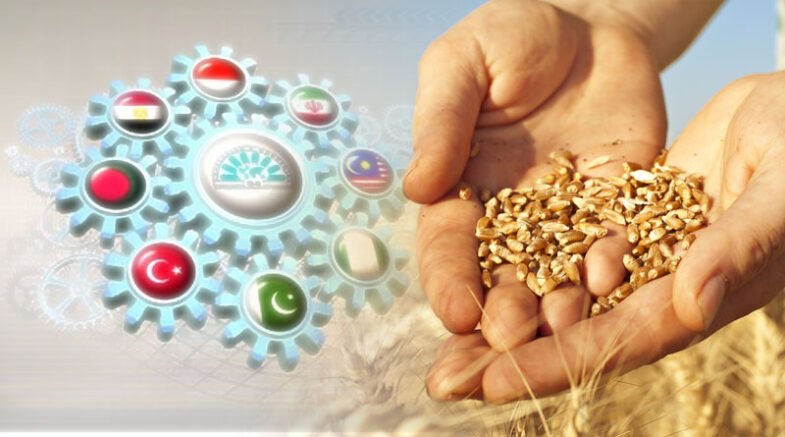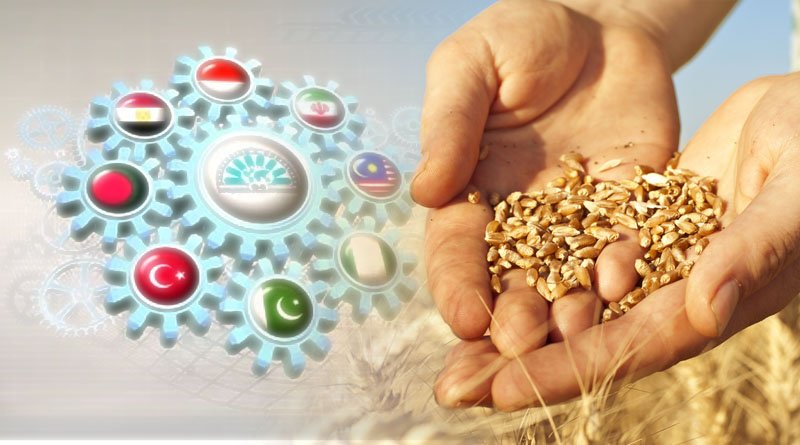Dr. Sultan Habib stated that the establishment of the D-8 Research Center in UAF was a landmark that would aid in combating the countries’ food insecurity challenges.

The Secretary General of the D-8 Organization for Economic Cooperation, Ambassador Isiaka Abdulqadir Imam, has stated that the D-8 countries should intensify their cooperation and accelerate their efforts to ensure food and nutrition security in light of the fact that climate change is wreaking havoc on people’s lives and the agricultural industry.
He spoke as the chief guest at the opening session of a two-day international conference on the opportunities and challenges of food and nutrition security in the D-8 countries, which was organised by the Center for Advanced Studies (CAS) D-8 Research Centre at the University of Agriculture Faisalabad.
He officially opened CAS as the D-8 Center for Agriculture and Food Security alongside UAF Vice Chancellor Prof. Dr. Iqrar Ahmad Khan, President of the Pakistan Academy of Sciences Dr. Kallid Mehmood, FAO representative Florence Rolle, Dean of the Faculty of Agriculture Dr. Muhammad Sarwar Khan, CAS Director Dr. Sultan Habib Ullah, and others.
He declared that they were committed to enhancing economic cooperation between member nations in order to support sustainable uplift and promote societal well-being.
They have concentrated on key industries like agriculture, trade, transportation, industry, energy, and tourism while also adding ICT, health, and human development. Nearly 4 trillion dollars in GDP, 1.6 trillion dollars in exports, and 110 billion dollars in intra-trade are accounted for by the D-8 countries collectively.
The fact that D-8 is home to 1.1 billion people—or one in every seven people on the planet—is what makes it so novel. This presents enormous opportunities for the next generation as well as impressive cultural diversity, economic strength, natural resources, creativity, and innovation. He praised UAF’s initiatives to advance the agricultural industry.
The countries should strengthen their cooperation in agriculture and food security, according to UAF Vice Chancellor Prof. Dr. Iqrar Ahmad Khan.
He further stated that work on new heat-tolerant wheat, soybean, and other crop varieties was already under way under the CAS. He continued by saying that they were dealing with the problem of food security, for which improved coloration would result in practical solutions to problems.
He claimed that One Health, an approach for the collaborative efforts of various disciplines working locally, nationally, and globally to achieve optimal health for people, animals, and our environment, is what the world needs right now.
FAO representative Florence Rolle highlighted the importance of strengthening research and development, farmer cooperatives, and a viable credit system to address food security challenges in the countries. She also praised the UAF for sending 30,000 students to the wheat campaign and Dr. Khalid Mehmood for mapping out a program for the One Health.
The NIH is also working on the project. Dr. Sultan Habib stated that the establishment of the D-8 Research Center in UAF was a landmark that would aid in combating the countries’ food insecurity challenges. Other notables also spoke on the occasion.
